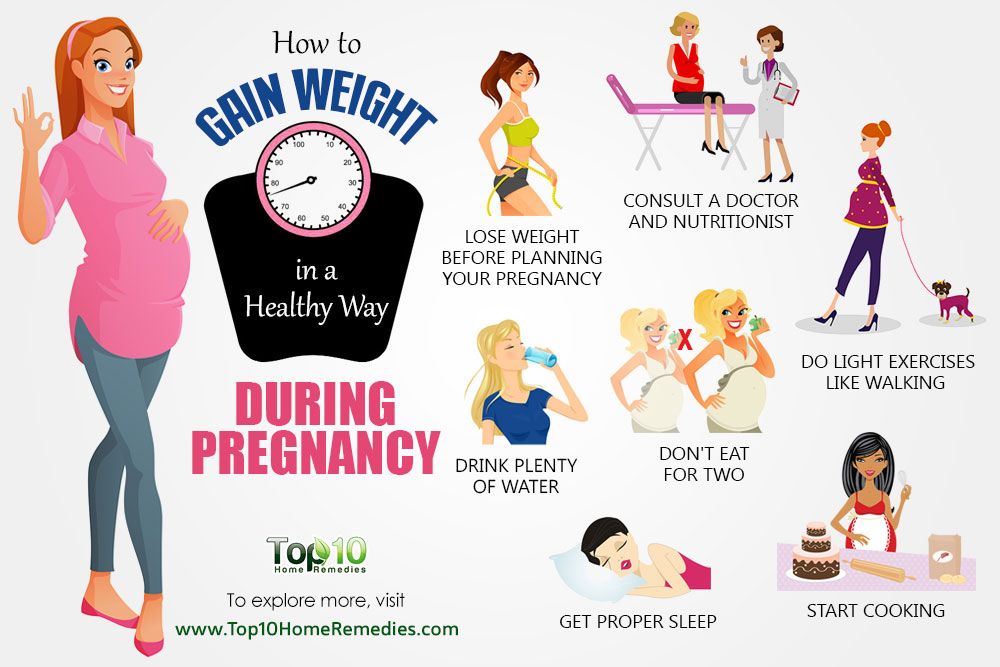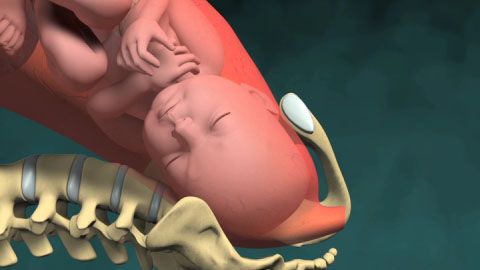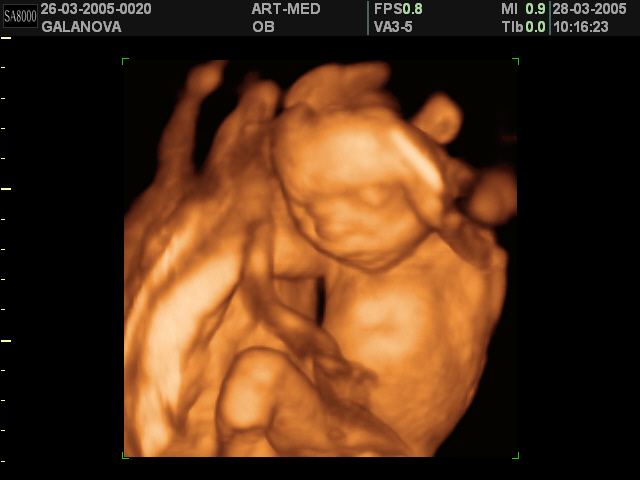Fetus at five months
5 Months Pregnant: Symptoms and Fetal Development
Though each mom-to-be’s body changes in different ways throughout pregnancy, your baby belly might be pretty visible by the time you’re five months pregnant. This month, you’ll likely be adjusting to the physical changes that come with a growing bump and your changing center of gravity. Read on to learn about common pregnancy symptoms at five months, what happens at the mid-pregnancy ultrasound, how your baby is developing, and more!
Common Pregnancy Symptoms at 5 Months Pregnant
Here's hoping that you are still enjoying the energy boost that the second trimester is famous for. It's also possible that you’re experiencing some pesky symptoms at five months pregnant. These can include:
Swollen feet. Pregnancy weight gain, fluid retention, and the pregnancy hormone relaxin might be causing this symptom. Relaxin loosens the muscles in your body in preparation for childbirth and it also loosens the joints in your feet, making your feet expand.
A cool foot bath can help relieve some of the swelling. Putting your feet up might also help.
Lower back pain. At five months pregnant, your posture may start to change as you adjust to your growing belly. As your bump grows, your center of gravity shifts. This can cause some strain on your lower back, as your muscles have to work extra hard to support this extra weight and your changing body shape. Try exercises that strengthen your back muscles, and make sure you sit in chairs with good back support — or prop a pillow behind you. If your back pain is causing too much discomfort, get help from your healthcare provider.
Dizziness. As your little one grows, your blood circulation can change, resulting in less blood flow to your head. This can cause that woozy feeling when you stand up or suddenly change positions. Be careful and take things slowly, and avoid being on your feet when you feel dizzy.
Nasal congestion. Stuffy nose? Nosebleeds? Or maybe a runny nose? These issues can be caused by pregnancy hormone, which can dry out the mucous membranes in your nasal passages.
 Saline drops might help relieve some of the congestion, and running a humidifier in your bedroom at night can also help.
Saline drops might help relieve some of the congestion, and running a humidifier in your bedroom at night can also help. “Pregnancy brain.” If you keep losing your keys or can’t remember your phone’s password, don’t worry — this forgetfulness is known to happen during pregnancy. Although it’s not an official medical condition, it’s quite common. Many healthcare providers associate this absentmindedness with hormonal changes, stress, or sleep deprivation. Try making lists or using scheduling apps if you’re worried about forgetting something important.
Difficulty sleeping. A bigger bump can make it harder to find a comfortable sleeping position. Try lying on your side with a pillow between your knees and a pillow under your belly for extra support. Regular exercise such as walking, swimming, or prenatal yoga and taking a warm, soothing bath before bed may help you get a better night’s sleep.
Braxton Hicks contractions. It’s possible you’ll start to experience these “practice” contractions this month.
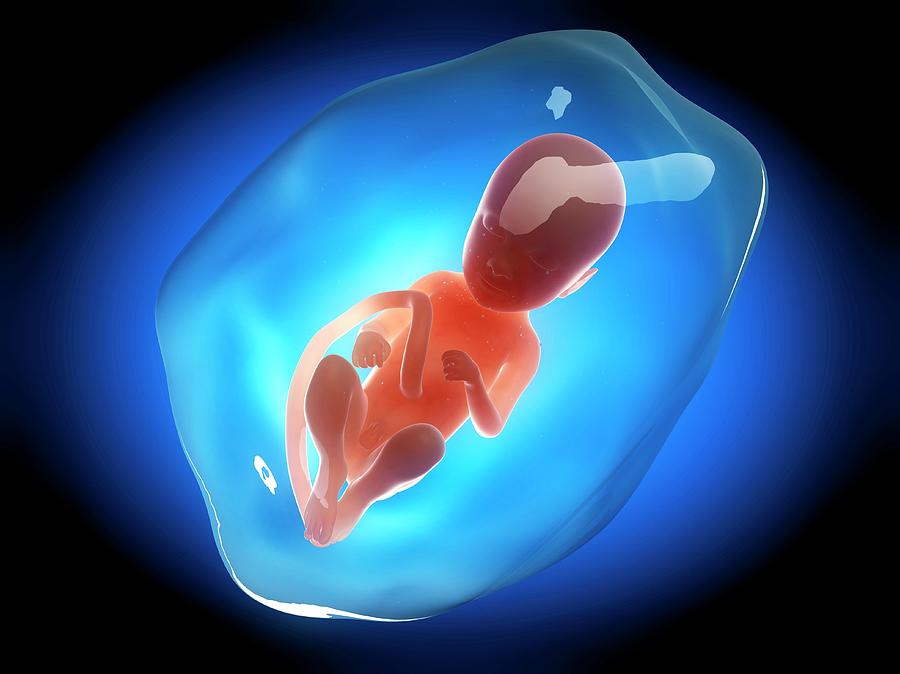 These can feel like a mild tightening or a more painful cramping in your abdomen. You’re more likely to feel them later in the day, or after exercise or sex. Sometimes you may be unsure whether what you’re experiencing is Braxton Hicks or real labor contractions. Typically, Braxton Hicks go away if you move or change positions, but if you’re at all uncertain about what you are feeling, contact your healthcare provider.
These can feel like a mild tightening or a more painful cramping in your abdomen. You’re more likely to feel them later in the day, or after exercise or sex. Sometimes you may be unsure whether what you’re experiencing is Braxton Hicks or real labor contractions. Typically, Braxton Hicks go away if you move or change positions, but if you’re at all uncertain about what you are feeling, contact your healthcare provider.
How Is Your Baby Developing This Month?
Your little one might be becoming a little more active this month, with the kicks and flips finally becoming noticeable. Your baby is beginning to sleep and wake up at regular intervals, and she may even be awakened by outside noises, so don’t be surprised if you feel a reaction after a loud sound.
Your little one’s skin begins to produce both vernix and lanugo this month. Vernix is a slick, greasy coating that protects the skin while in the amniotic sac, and it will completely cover her body when she’s born.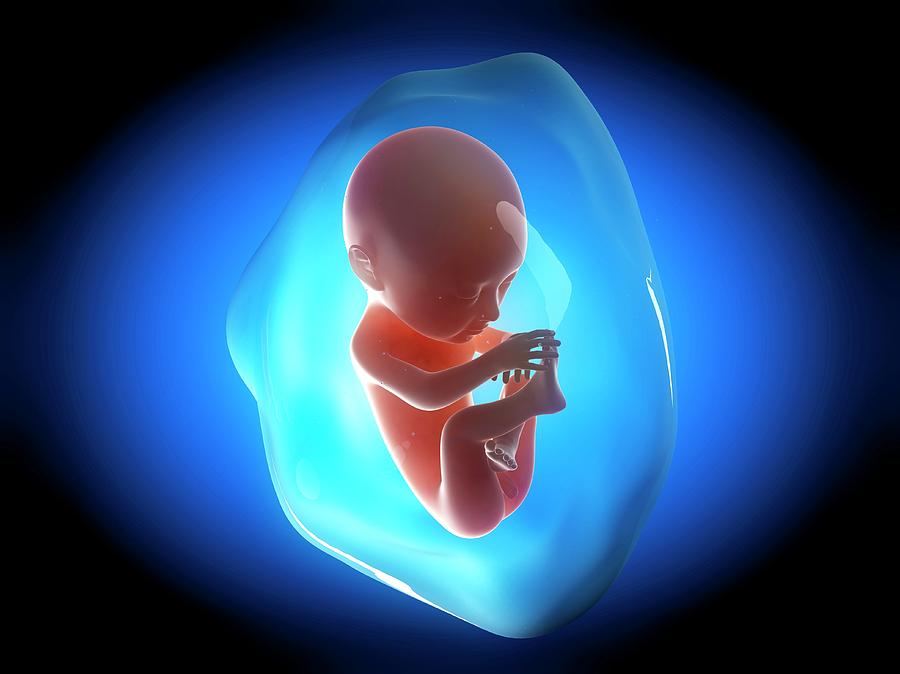 Lanugo is soft, fine hair that helps hold the vernix in place on the skin. Most of this lanugo will disappear before birth, but some babies are born with small patches on various parts of the body.
By the end of this month, your little one may be a thumb sucker, as the sucking reflex starts to kick in in preparation for feeding once born.
Lanugo is soft, fine hair that helps hold the vernix in place on the skin. Most of this lanugo will disappear before birth, but some babies are born with small patches on various parts of the body.
By the end of this month, your little one may be a thumb sucker, as the sucking reflex starts to kick in in preparation for feeding once born.
How Big Is Your Baby When You’re 5 Months Pregnant?
Your baby grows from being about 5 inches long and weighing about 5 ounces, to being about 10 inches long and weighing about 1 pound around this month.
All this means, when you’re five months pregnant, your baby’s size is similar to that of a bell pepper or a banana. You’ve both come a long way in five months!
Related pregnancy tool
Fill out your details:
Pre-pregnancy weight (lbs.)
This is a mandatory field.
Height (ft.)
This is a mandatory field.
Height (in.)
Current week of pregnancy (1 to 40)
This is a mandatory field.
Tick the box
I'm expecting twins
What Does a Fetus Look Like at 5 Months?
Check out these illustrations for a glimpse at what your baby might look like when you’re five months pregnant:
Getting an Ultrasound at 5 Months Pregnant
Most moms-to-be have at least one ultrasound during pregnancy and this usually occurs when you’re five months pregnant, at around 18 to 20 weeks.
At the standard mid-pregnancy ultrasound, your healthcare provider:
Estimates your baby’s gestational age
Estimates your baby’s weight
Checks that your baby is developing normally, including that your baby’s heart, head, and spine are forming as they should
Checks for conditions like placenta previa (which is a rare condition in which the placenta lies low in the uterus and partially or completely covers the cervix) or placenta accreta (a very rare condition where the placenta grows too deeply into the uterine wall and can’t easily separate away after your baby is born).

Checks your baby’s position, movement, and heart rate
Checks the amount of amniotic fluid surrounding your baby in the uterus
Checks whether you are carrying multiples.
Although an ultrasound exam is a medical tool, your healthcare provider may be able to tell you whether you’re having a boy or girl, if this is something you’d like to find out.
Your healthcare provider will be able to tell you whether any other ultrasounds need to be scheduled during your pregnancy. Sometimes additional ultrasounds are needed to check for a specific condition or as part of a medical test.
Speak to your provider if you’re curious about having a more detailed 3D or 4D ultrasound scan.
5 Months Pregnant: Your Body’s Changes
At some point during this month, you may feel your little one move for the first time. This is called quickening, and some moms-to-be detect these sensations around 18 weeks of pregnancy.
If this isn’t your first baby, you may start to sense these movements earlier than you did with your first baby because you’re more familiar with the feeling. If you haven’t felt those first flutters yet, try to be patient. It may still be several weeks before your little one’s kicks are noticeable.
If you are feeling those flutters, your healthcare provider may soon recommend that you begin doing daily "kick counts." Download our fetal movement tracker, and talk to your provider about when and how to count those little kicks.
At your prenatal checkups from five months pregnant onward (if not earlier), your healthcare provider may start checking your belly size by measuring your fundal height. The fundal height is measured in centimeters from your pubic bone to the top of your uterus.
Interestingly, your fundal height usually closely corresponds to the number of weeks pregnant you are. So, if you’re 18 weeks pregnant, your fundal height is likely to be around 18 centimeters.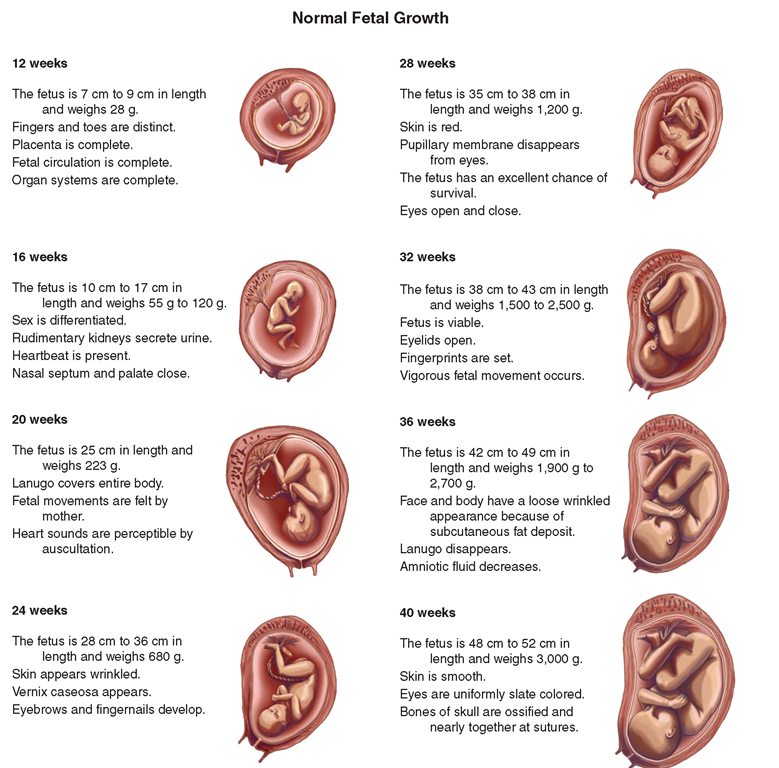
How Far Along Are You at 5 Months Pregnant?
This month fits squarely into the second trimester, but you may be wondering which weeks of pregnancy you’re up to at five months pregnant? There are a few different ways the weeks of pregnancy are grouped into months, so this fifth month could range from week 17 or 18 up to week 20, 21, or 22.
Checklist for When You’re 5 Months Pregnant
Ask your healthcare provider whether you have any of the risk factors for gestational diabetes and whether a glucose screening test is right for you.
Check with your provider about whether you have any of the risk factors for the high blood pressure disorder called preeclampsia and find out what steps you can take to reduce the risks associated with this condition.
Get a flu shot, if you haven’t already. The shot is safe to get at any time during your pregnancy.

Schedule a dentist checkup, if you haven’t had one since the start of your pregnancy.
Start shopping for maternity clothes and bras, if needed.
Plan a babymoon! If you’re feeling up to it, this is a great time to travel. Just check with your healthcare provider first.
Consider if you want to draft a birth plan for your labor and delivery. You can download our Birth Plan Guide, and talk to your healthcare provider about what to include.
If you’re feeling energetic, take advantage of this time to design and prepare your baby’s nursery. If you need some inspiration, this quiz is what you need: Tell Us About Your Style and We Will Help You Decorate Your Nursery.
Sign up for prenatal classes. There may be childbirth, breastfeeding, or parenting classes available in your area; start by asking your healthcare provider and other parents for recommendations. Keep in mind that you may need to register ASAP to get a spot in your preferred class.

For a look at what’s to come in the final months of your pregnancy, read about the third trimester.
Sign up for even more weekly pregnancy tips here:
What Happens at 5 Months of Pregnancy?
In This Section
- Month by Month
- What happens in the second month?
- What happens in the third month?
- What happens in the fourth month?
- What happens in the fifth month?
- What happens in the sixth month?
- What happens in the seventh month?
- What happens in the eighth month?
- What happens in the ninth month?
- What happens in the tenth month?
When you’re 5 months pregnant, your fetus develops soft body hair and a greasy coating that helps protect the skin.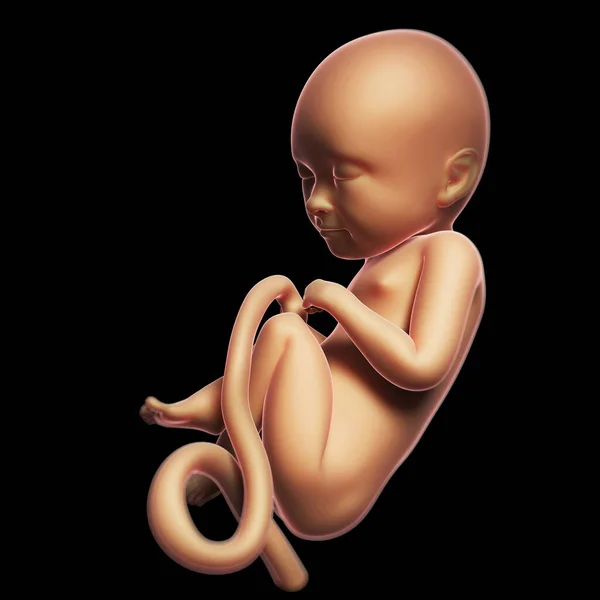
What happens during weeks 17 - 18?
The fetus has a CRL of 5.5–6 inches (14–15 cm).
What happens during week 19 - 20?
The fetus has a CRL of about 6.5 inches (16 cm). Lanugo — a fine downy hair — covers the body. The skin is also covered with vernix caseosa, a greasy material that protects the skin. A uterus forms in a biologically female fetus.
What are the symptoms of pregnancy in the fifth month?
People usually feel fetal movements for the first time during the fifth month. It may feel like flutters or butterflies in your stomach. This is sometimes called quickening.
The pregnancy symptoms of the fourth month continue this month. Heartburn, constipation, breast changes, dizziness, shortness of breath, nose bleeds, and gum bleeding are common. Your breasts may be as much as 2 cup sizes bigger by now.
Was this page helpful?- Yes
- No
Help us improve - how could this information be more helpful?
How did this information help you?
Please answer below.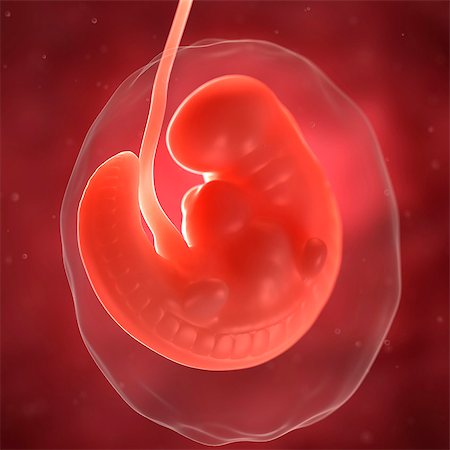
Are you human? (Sorry, we have to ask!)
Please don't check this box if you are a human.
You’re the best! Thanks for your feedback.
Thanks for your feedback.
Back to top
We couldn't access your location, please search for a location.
Zip, City, or State
Please enter a valid 5-digit zip code or city or state.
Please fill out this field.
Service All Services Abortion Abortion Referrals Birth Control COVID-19 Vaccine HIV Services Men's Health Care Mental Health Morning-After Pill (Emergency Contraception) Pregnancy Testing & Services Primary Care STD Testing, Treatment & Vaccines Transgender Hormone Therapy Women's Health Care
Filter By All Telehealth In-person
Please enter your age and the first day of your last period for more accurate abortion options. Your information is private and anonymous.
Your information is private and anonymous.
AGE This field is required.
Or call 1-800-230-7526
Fifth month of pregnancy | Bibikol
Now even those who did not know about the “interesting position” of a woman will be able to guess about pregnancy: the stomach increases significantly at five months. The uterus has grown and is comparable in size to a small melon.
First fetal movements
It is at five months that most pregnant women begin to feel the first movements of the baby. The first movements show when the baby is awake and when he is sleeping. Soon the baby will grow up so much that his movements will be much more noticeable, and sometimes more painful. A five-month-old baby is very active: while he is spacious in his mother's belly, he can tumble, play, kick and explore the space around him. Entertaining himself, the baby develops: all movements are extremely useful for the muscular system and the brain.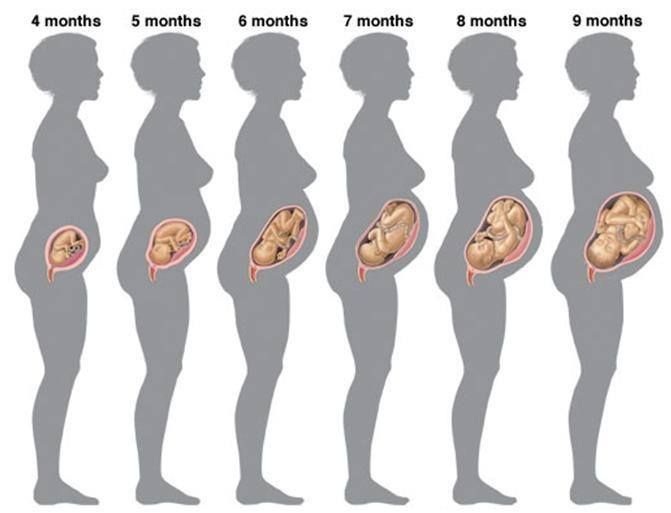 nine0003
nine0003
Amazing bond between mother and future baby
In the fifth month, an amazing connection between mother and baby is also manifested. Mom will soon realize that the baby makes not only banal movements, but also sensitively reacts to the emotional state of the mother. At the same time, the baby's inner ear begins to function, and he can hear everything that happens inside and outside. The baby is influenced by the music from outside, and the mother's voice, and all the sounds that surround the woman, and even the emotions that she experiences. That is why it is worth taking care of a positive environment and not getting into conflicts and quarrels. nine0004
It is better to walk more in the fresh air, in nature, increasing the supply of oxygen to the body. The lack of oxygen is very harmful for the baby. There are special breathing exercises that any pregnant woman can perform. They will not only have a positive effect on the health of the baby, but also help to breathe properly during childbirth.
Development of the future baby during the 5th month of pregnancy
In the fifth month, the movements become regular. This is very reassuring for a pregnant woman: feeling these movements, you can be sure that everything is going well. It must be borne in mind that 4-8 movements per hour are considered the norm. More frequent movements may mean that the baby is not getting enough oxygen, and rare or hardly perceptible movements may be a signal that you should see a doctor. If there is no physical activity for more than 24 hours, a trip to the doctor should be made immediately. nine0003
By the end of the fifth month of pregnancy, the average weight of the baby is about 300 grams, and the height varies from 20 to 25 cm.
In the fifth month, the child's respiratory system is actively developing: the bronchial tree is formed, the bronchi and lungs develop and grow. The grown heart is already clearly auscultated with the help of an obstetric tube.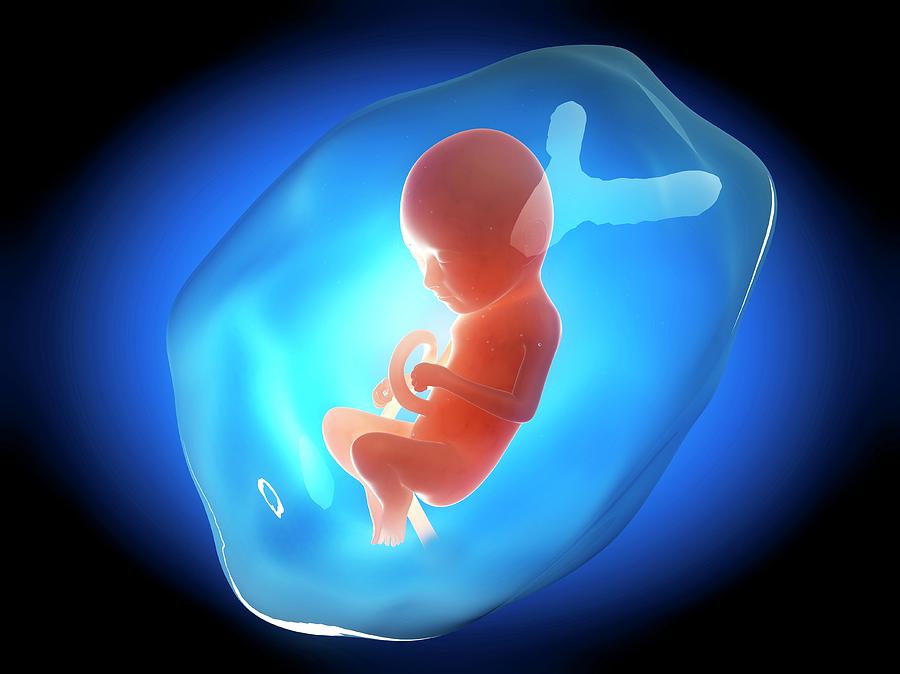
At this point, the baby has almost all the endocrine glands functioning: the pituitary, pineal, thyroid, sex and pancreas, adrenal glands. The spleen is connected to the work of the hematopoietic organs, which carries out the "assembly" of monocytes and lymphocytes - their white blood cells, are responsible for the protective function of the baby's body. By the way, from this moment on, infectious diseases of the mother are no longer so terrible for the baby, because his own immune system begins to work. The baby's body begins to produce interferon and immunoglobulin. nine0004
At the same time, the vestibular apparatus is formed and taste buds appear. Surprisingly, the baby can already distinguish between sweet and sour. The laying of the molars begins under the rudiments of the milk teeth, which by the end of 5 months of intrauterine development have already been formed.
Nutrition for the expectant mother at the 5th month of pregnancy
In food, mom, for obvious reasons, should give preference to natural and natural food, monitor the protein content in the diet.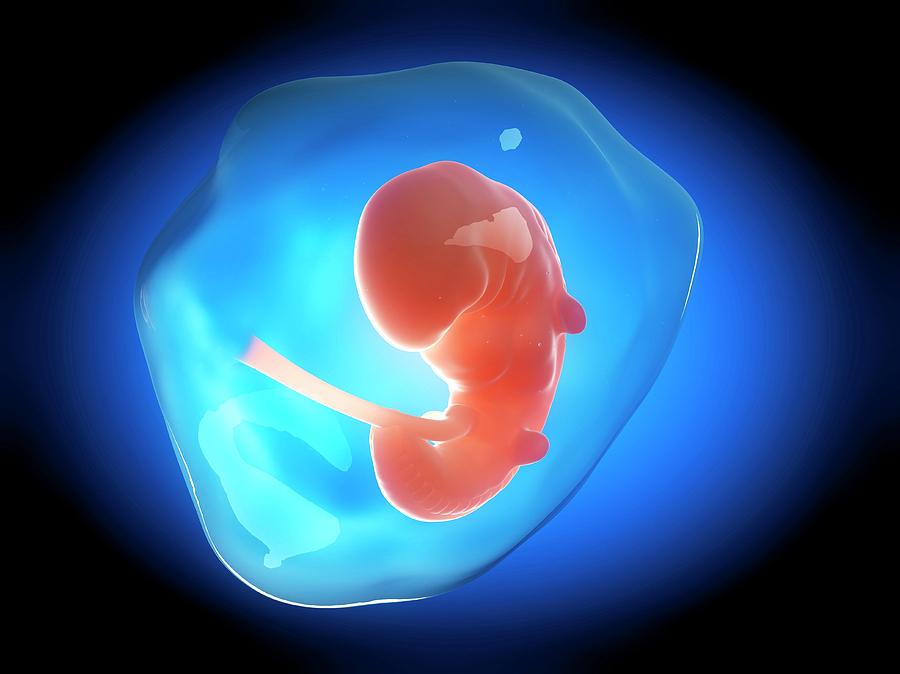 Be sure to eat lean boiled meat and fish, as well as sources of calcium: dairy products, cottage cheese, milk. Do not forget about vitamins: in the menu of a pregnant woman there should be a lot of fruits and vegetables, and mostly in raw form. nine0003
Be sure to eat lean boiled meat and fish, as well as sources of calcium: dairy products, cottage cheese, milk. Do not forget about vitamins: in the menu of a pregnant woman there should be a lot of fruits and vegetables, and mostly in raw form. nine0003
The mother's weight during this period should not increase more than 0.5 kg per week.
At 5 months, you can enroll in courses for pregnant women to start preparing for childbirth in advance, learning physical and breathing exercises that are useful during pregnancy and childbirth.
The fifth month of pregnancy
The fifth lunar month of pregnancy is in a sense the equator. 20 weeks "before" have already passed, 20 weeks "after" are still to come. So much has already happened and so much more will happen. Today we will find out what changes await the expectant mother during this period. nine0004
Baby at 5 months pregnant
- Which baby is at 5 months?
- The fifth month of pregnancy is the 17-20th week.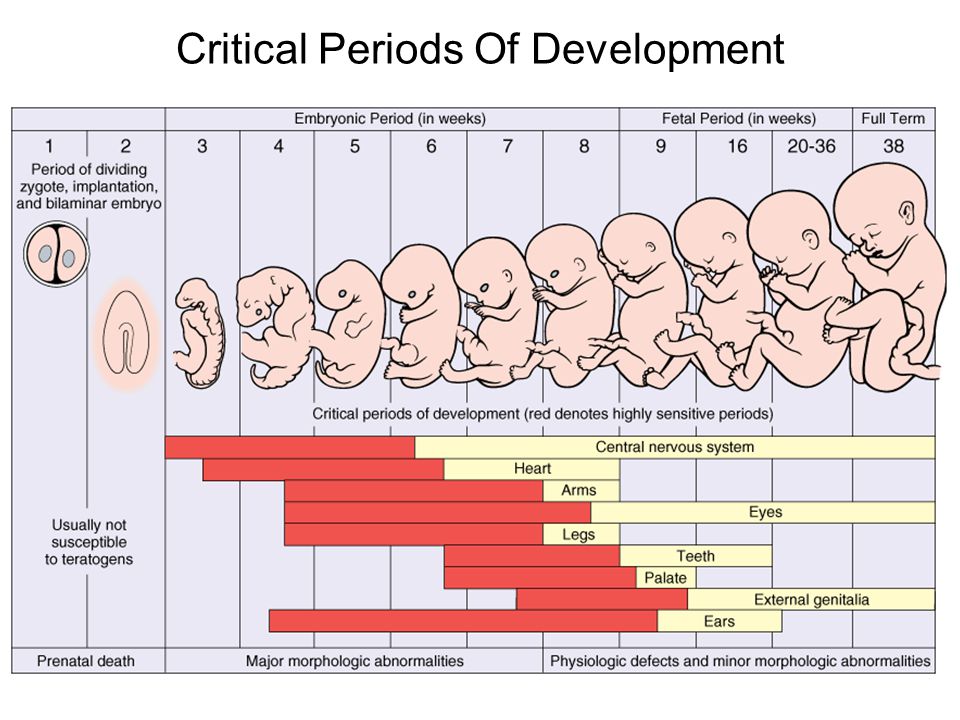 During this period, the baby actively moves inside the uterus, somersaults, changes the position of the body. Licks the umbilical cord, sucks her finger, taps her fist on the wall of the uterus. It is during this period that the mother begins to feel her baby. For those women who have a first pregnancy, this occurs by the 20th week, for those who have this second pregnancy, by the 18th week. The height of the baby is 20 cm, and the weight is 500 grams. nine0004
During this period, the baby actively moves inside the uterus, somersaults, changes the position of the body. Licks the umbilical cord, sucks her finger, taps her fist on the wall of the uterus. It is during this period that the mother begins to feel her baby. For those women who have a first pregnancy, this occurs by the 20th week, for those who have this second pregnancy, by the 18th week. The height of the baby is 20 cm, and the weight is 500 grams. nine0004
By the end of the 5th month of pregnancy, your baby is like a small vegetable marrow. During this period, two very important events take place. First, drawings appear on the fingertips of the baby, which will later be called prints. And, secondly, mommy begins to feel her baby. A popular sign says that if you subtract 20 days from this day, you can determine the date of birth of the baby.
5th month of pregnancy
- Tell us how the 5th month of pregnancy goes on for the expectant mother? What happens to her body? nine0054
- All changes are related to the fact that the stomach increases, the abdominal cavity decreases, and the pressure on the internal organs increases.
As the uterus gets bigger, it begins to take out the internal organs. The vertical axis of the stomach changes to a horizontal one. There is heartburn, nausea. The liver also begins to squeeze, because of this, bitterness appears in the mouth. Blood circulation through large vessels is disturbed, this leads to the fact that stagnation appears, veins in the legs may appear. There may also be stagnation of blood in the pelvis, which can lead to hemorrhoids. Since the baby begins to grow actively and needs nutrients, a woman may experience anemia. nine0004
- What complaints do you hear from women during this period?
- Dizziness, weakness, malaise, sleep disturbance, nosebleeds are symptoms of anemia. All this is due to the fact that the fetus needs protein, iron and other trace elements.
Pregnancy weight
- What weight should the mother have by this period?
- Everything is very individual. Depends on her previous weight, before pregnancy, and body mass index. Usually, by the 2nd trimester, the expectant mother is gaining 40% of her future weight. If a woman feels well, her pressure does not increase, there is no headache, there is no visual impairment, good urine tests, then this weight is normal for her. nine0004
Depends on her previous weight, before pregnancy, and body mass index. Usually, by the 2nd trimester, the expectant mother is gaining 40% of her future weight. If a woman feels well, her pressure does not increase, there is no headache, there is no visual impairment, good urine tests, then this weight is normal for her. nine0004
- So how can excess weight during pregnancy be dangerous?
- Pathological weight gain can cause a disease such as preeclampsia. Symptoms: increased blood pressure, increased protein in the urine, edema.
Physical activity in the 5th month of pregnancy
- Is physical activity allowed during this period?
- If the expectant mother feels well, she has good tests, according to the results of ultrasound, everything is in order, then physical activity is allowed, even recommendatory. nine0004
- Tell us how physical activity can be useful for a future mother?
- It has long been proven that exercise is very beneficial for the expectant mother. Firstly, many loads help in labor, secondly, there is a strengthening of the muscular corset, thirdly, swelling on the lower extremities is removed, and fourthly, tension in the sacral region is relieved. The load has a good effect on the state of the vascular and respiratory systems.
Firstly, many loads help in labor, secondly, there is a strengthening of the muscular corset, thirdly, swelling on the lower extremities is removed, and fourthly, tension in the sacral region is relieved. The load has a good effect on the state of the vascular and respiratory systems.
- Which program is for pregnant women?
- These are medium loads. Pulse 130 - 140 beats per minute. It can be a dance program, Pilates, yoga.
- Classes are not allowed for all pregnant women?
- Yes, not everyone. For example, one of the reasons for the prohibition of training is habitual miscarriages. Before starting classes, we will definitely find out if there is a permit from the doctor. And only then we start physical activity. nine0004
Diving during pregnancy. Sports during pregnancy
- If my mother was involved in extreme sports before pregnancy, for example, diving, that is, scuba diving, can she continue to do this?
- Of course not.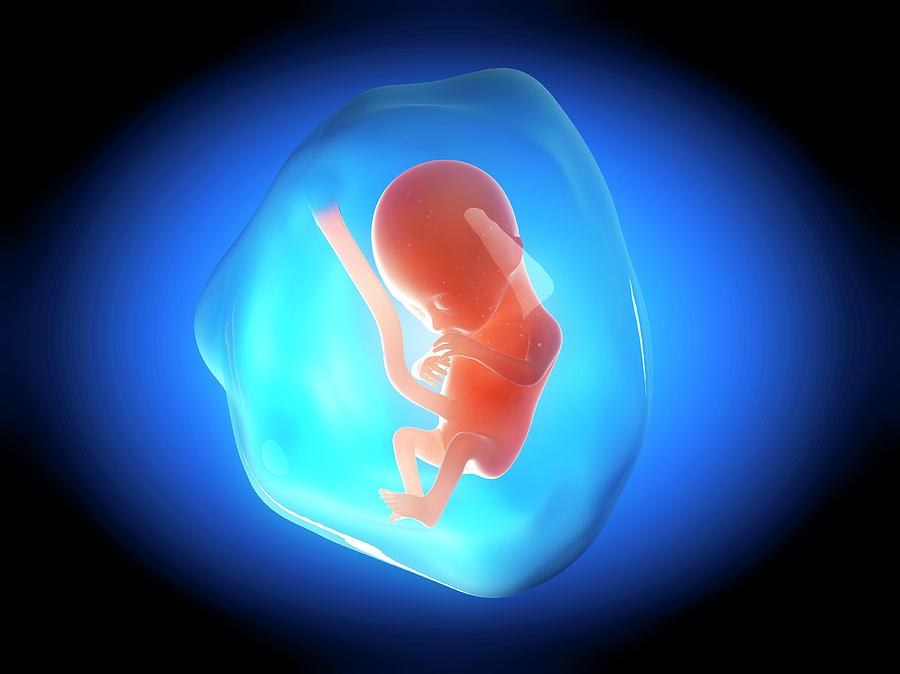 There are a huge number of sports allowed during pregnancy, which will replace any extreme.
There are a huge number of sports allowed during pregnancy, which will replace any extreme.
- Please list them.
- For example, dancing, easy running in good weather, swimming pool. The main thing is that there are no large coordination loads. nine0004
Stretch marks on the abdomen
A future mother can also maintain her beauty with the help of properly selected cosmetic products. The appearance of stretch marks and stretch marks is due to the fact that there is not enough vitamin E in the body. Because of this, the skin becomes dry and inelastic. Therefore, it is recommended to use such products that contain this component in abundance. It is reasonable to use creams and lotions that are allowed during pregnancy during this period. As well as special creams for stretch marks. nine0055
Skin pigmentation
Many mothers also complain about skin pigmentation during pregnancy. This is due to hormonal changes.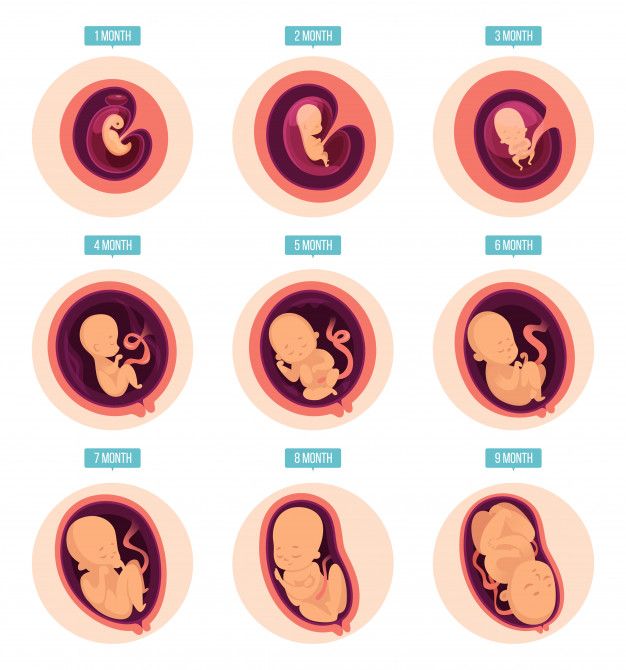 It disappears with the advent of the baby into the world. Therefore, no serious interventions should be done, a light foundation will fix everything.
It disappears with the advent of the baby into the world. Therefore, no serious interventions should be done, a light foundation will fix everything.
Facial
Find the right cosmetic facial treatment with the help of a professional beautician. Here are some easy rules for choosing any cosmetic product:
- Fragrance free;
- Color free;
- Fragrance and hormone free;
- Orient yourself by your olfactory senses;
- Buy cosmetics in specialized stores, not in the market;
- Consult with professionals, and do not test new items for yourself.
The mood of a pregnant woman
- Changes with the future mother occur not only external, but also internal. Tell me, how does mommy feel psychologically on the 5th lunar month of pregnancy? nine0054
- Extremely unstable. Unfortunately, even by the 5th month of pregnancy, many women do not realize what they are carrying under the baby's heart. Therefore, they still have fear, excitement.
Therefore, they still have fear, excitement.
- What are pregnancy dominants?
- The presence of a large amount of hormones in a woman's body during pregnancy leads to her unstable behavior throughout all 9 months. Hormones help not only to endure the baby, but also to give birth safely. nine0004
- How can you describe the psychological state of the expectant mother during the 5th lunar month of pregnancy?
- She can laugh out loud, and literally in a minute also cry out loud. I repeat, this is normal. The only thing is that if depressive apathy prevails over a good joyful state of a woman, then it is worth making an appointment with an obstetrician-gynecologist, a psychologist. It cannot be launched.
- How to behave to close people if the future mother's depression dragged on? nine0054
- Of course, it is worth showing tolerance and understanding. Mom in this state can not adequately assess the situation.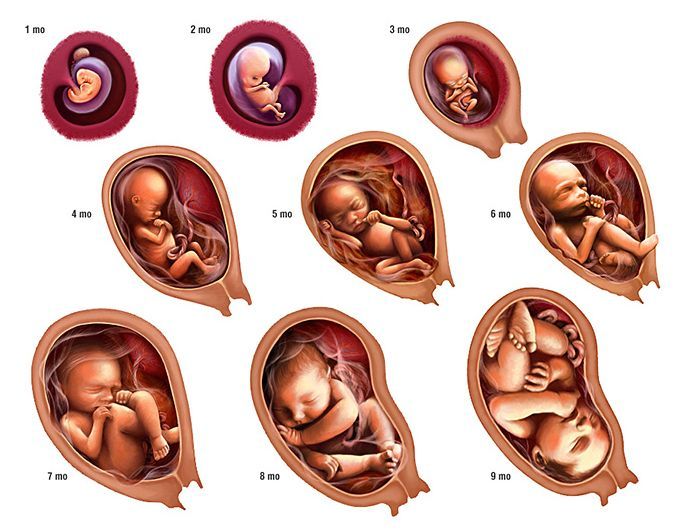 Therefore, only a loving husband can wisely treat such a state and help his wife overcome it.
Therefore, only a loving husband can wisely treat such a state and help his wife overcome it.
- Who are pregnant dads?
- This is the attitude of a husband towards his wife, when he may also get a depressive state, and even toxicosis may appear. Dads, after all, also worry about moms and future babies. nine0004
- Mommy can get constant stress at work or at home, is it harmful?
- In stressful conditions, any mother should learn to disengage from the situation and be able to calm herself. Proper breathing helps a lot.
- What is distress?
- These are the accumulated negative factors in the mother's body, which can affect the condition of both the woman herself and her baby. Distress is much more dangerous than just stress. This is a kind of post-stress state of the mother. Under no circumstances should it be allowed. nine0004
Communication with an unborn baby
- What are the ways to communicate with an unborn baby?
- There are verbal and non-verbal.







